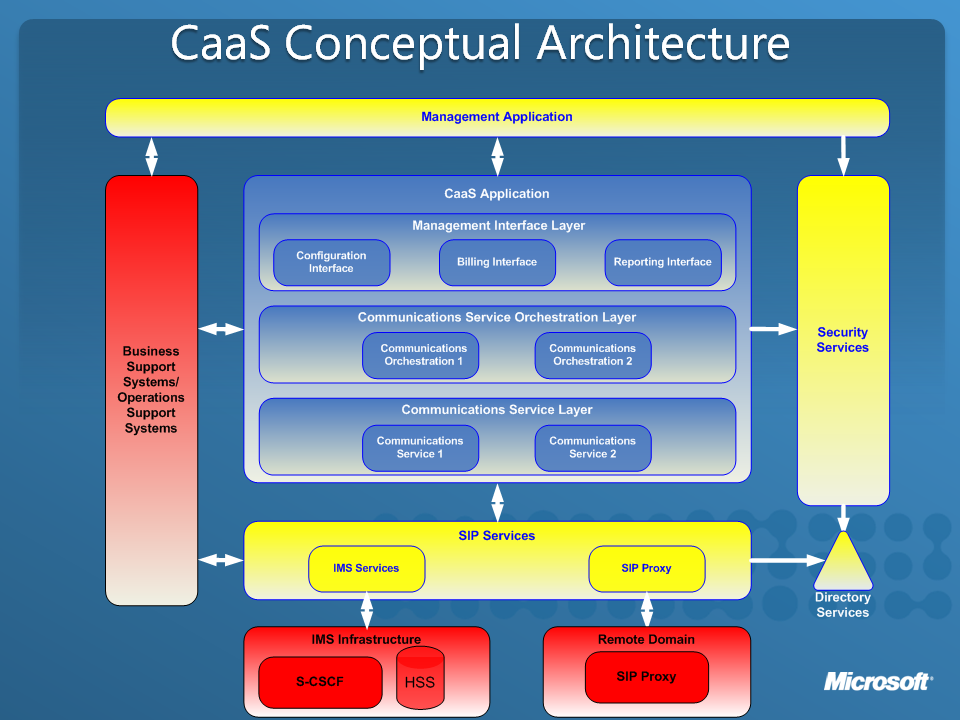|
|
privacy |
||
|
Hangout for experimental confirmation and demonstration of software, computing, and networking. The exercises don't always work out. The professor is a bumbler and the laboratory assistant is a skanky dufus.
Blog Feed Recent Items The nfoCentrale Blog Conclave nfoCentrale Associated Sites |
2008-06-11A Conceptual Architect Am I?I am working on an article, "The Working of Computation," that applies What Computers Know and the secretly-connected Reality is the Model. This is a lead-up to the long-delayed What Programmers (Should) Know and, ultimately, Bridging the Gap that Cannot Close. This is seriously intended to have practical significance, no matter how abstractly it is couched. In working on some diagrams, I noticed that some particular ones are very conceptual. I want to call them some sort of architecture, not some sort of model. I have used "performance architecture" as the term for a long time, and I was wondering whether "conceptual architecture" might be preferable.
The Channel 9 videocast explains that this is about the pieces that can be combined to provide the architected facility (an instance of Communication as a Service, in this case). The color codes indicate the degree of control that is available for composing such a structure: red (little or no control), yellow (some control), blue (have a ball). I'm satisfied that I am offering something similarly conceptual but from a different perspective and using a different form of diagram. Just to check on the use of the term, I also did a search on "conceptual architecture." Here the trouble started. On Wikipedia, I learn that "conceptual architecture" is a particular architectural style in the architecture of physical structures. Conceptual architecture features "the construction of a concept" in contrast to architectural focus on craft and construction. I would not have been surprised to see Christopher Alexander connected in some way, but that is apparently not the case. Well, as applied to computational systems, maybe I am constructing concepts, although I'm not familiar with those famous architects nor conceptualism as a doctrine. The doctrine has to with considering that universals have no objective reality and are, more or less, mental: objects of thought. I'm not prepared to make any metaphysical claims on that topic. I recently had to satisfy myself once again that I am not a Platonist, and now I have do deal with being a Conceptualist or not? I think I will ignore the implications and stick with diagrams being used to establish an abstracted, conceptual perspective of a subject and leave it at that for now. Some of the diagrams will be highly conceptual (a.k.a, diagrammatic) and also helpful in organizing a conceptualization of the subject. Ahh, I think I should just go finish the article I have in mind.
|
||

|
You are navigating Orcmid's Lair. |
template
created 2004-06-17-20:01 -0700 (pdt)
by orcmid |
